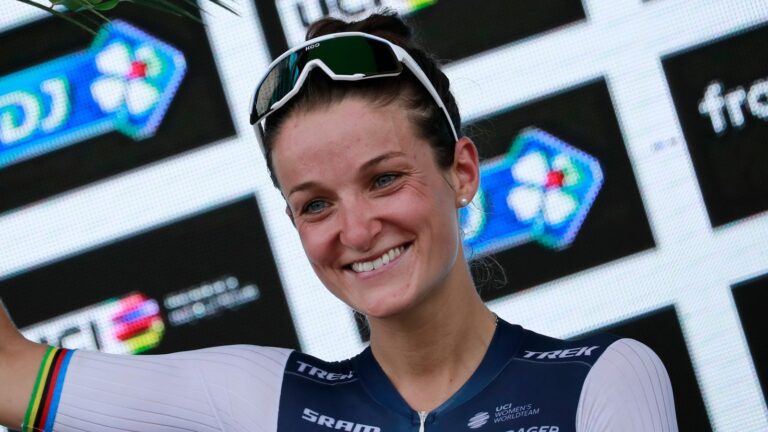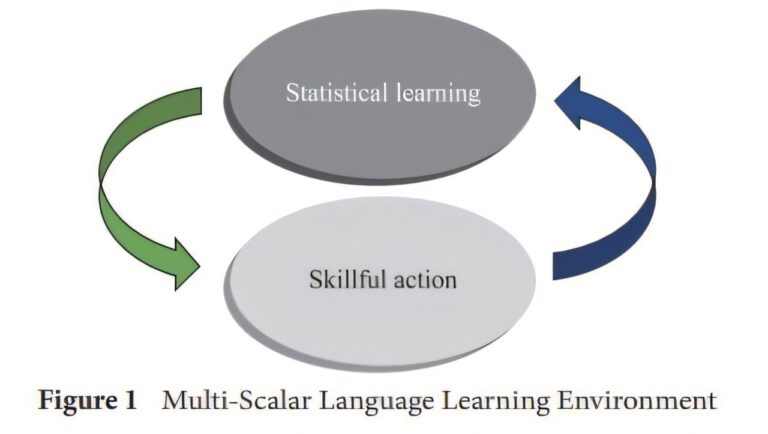
MELBOURNE, Australia — It will be strength against strength and power against power in the Australian Open women’s singles final on Saturday.
Elena Rybakina and Aryna Sabalenka, both 6-footers from Eastern Europe, have thunderous first serves and fast-paced groundstrokes, and are hard-wired to go for winners.
But this Grand Slam final will also be a contrast in personalities.
Rybakina is self-contained and difficult to read, maintaining an even keel throughout her matches. She reacted to her 7-6 (4), 6-3 semifinal victory against Victoria Azarenka with a clenched fist and only a hint of a smile, at least until the postmatch interview.
Sabalenka is very expressive: rolling her eyes, fluttering her lips, shrieking with delight and frustration, chuckling when shots hit the net cord and fall her way — or do not.
Rybakina, 23, is a quiet intimidator: her big serves and rolling, deep groundstrokes applying constant pressure. Sabalenka, 24, is anything but subdued: grunting on her shots and sometimes after her shots and often increasing the volume and velocity on big points.
The 2023 Australian Open
The year’s first Grand Slam event runs from Jan. 16 to Jan. 29 in Melbourne.
Sabalenka did it again on Thursday in her 7-6 (1), 6-2 victory over unseeded Magda Linette, who scrapped and counterpunched effectively until the first-set tiebreaker, when Sabalenka cranked up the power and the precision.
“I kind of find my rhythm and start trusting myself and start going for the shots,” Sabalenka said. “It was great tennis from me in the tiebreak.”
No argument there, and it is her phenomenal, next-level ball-striking that has propelled her into the top echelon of women’s tennis. And yet her inconsistency and combustibility have, until now, kept her from reaching the top. But after losing her first three Grand Slam singles semifinals, she is now into her first final.
She is off to a torrid start in 2023, winning her first 10 matches without dropping a set and with no sign of the serving yips that were causing her to double-fault repeatedly a year ago when she competed in Australia.
She served just two double faults against Linette, and when she served her first at 5-5 on the opening point of the game, she responded with a dominant serving game.
But Rybakina, the reigning Wimbledon champion from Kazakhstan, should pose a bigger threat to Sabalenka’s serve and equanimity. Sabalenka, from Belarus, has won their three previous matches, but all went to three sets, and they have not played since 2021. Both have lifted their games to new levels since then.
Sabalenka is seeded fifth and Rybakina 22nd, but that does not tell the whole tale. Rybakina is seeded that low only because she received no ranking points for her Wimbledon victory last year after the tours stripped the tournament of points in response to its ban on Russian and Belarusian players, including Sabalenka, after the invasion of Ukraine.
Rybakina, born and raised in Russia, only began representing Kazakhstan in 2018 after the country offered her greater financial support.
If Wimbledon had been allowed to offer points, Rybakina would be in the top 10, but her run in Australia guarantees that she will break into the top 10 on Monday. She has beaten three straight Grand Slam singles champions to reach this final: Iga Swiatek, Jelena Ostapenko and Azarenka, a 33-year-old Belarusian who won the Australian Open in 2012 and 2013.
There will be a first-time champion at Melbourne Park on Saturday, and there will be no shortage of full-cut, high-velocity tennis along the way.




